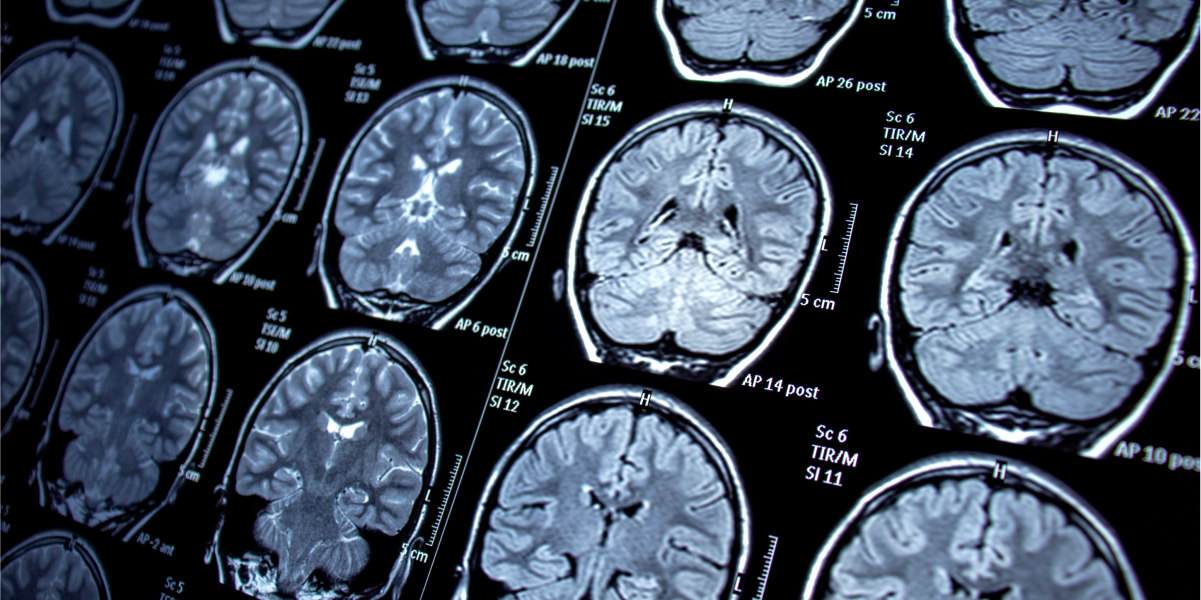Imagine waking up during a surgical procedure, terrified, in pain, and unable to express yourself. This frightening phenomenon occurs in one or two in 1,000 patients, according to a large scale research study published in Deutsches Arzteblatt International. In fact, anesthesia awareness is such a terrifying concept that it became the basis for a 2007 horror film called Awake. For the victims of anesthesia awareness, the experience can lead to long term anxiety and post traumatic stress issues that can have devastating effects on everyday life.
A woman who went under anesthesia for eye removal surgery shared her story with CNN. The woman described wanting to scream and attempting to signal doctors that she was awake, but the anesthesia prevented her from speaking or moving. The surgery lasted for six hours. Once the anesthesia finally wore off, she started shouting “I’m awake!” She described the experience like going through hell and continues to be affected by it.
Why Does Anesthesia Awareness Occur?
Research into anesthesia awareness is ongoing and we are still uncovering how and why this strange experience happens. It is clear that at times medical negligence or equipment failure can lead to anesthesia awareness. Anesthesia itself is still a bit of a mystery, despite how often it is used. Anesthesia depresses the central nervous system and, although it is referred to as going to sleep, your brain is very much still awake during the procedure.
Some anesthesia awareness has been linked to dosing errors. Doctors need to take into account a patient’s medical condition in order to select the correct dosage. Patients who have been severely injured or lost a lot of blood, or those with cardiac problems may require lower doses of anesthesia so that they do not experience alarming side effects. It appears that certain medical conditions, including heart and lung problems, long term opiate use, and daily alcohol use can increase the risks of anesthesia awareness.
The Anesthesia Awareness Campaign was started in order to allow those who have experienced this phenomenon an outlet. The campaign is calling for brain activity monitoring as a standard of care for all patients who are put under anesthesia.
If you have experienced anesthesia awareness, consult with a medical malpractice attorney early on. Your experience could have a long term impact on you, leading to post traumatic stress disorder and more. You could be entitled to compensation in the event your anesthesia awareness is linked to medical negligence or equipment failure.
Montlick and Associates, Attorneys at Law: Put Our Over 39 Years of Experience to Work on Your Case!
If you have experienced anesthesia awareness or been injured due to medical negligence, contact the Georgia Medical Malpractice Attorneys at Montlick and Associates, Attorneys at Law. Our firm assists injured patients across Georgia and in the Southeast. We bring over 39 years of experience to your medical malpractice case, striving to provide you with the exceptional representation you need to obtain the best possible outcome. The sooner you act after your injury, the greater your chances of obtaining a full recovery. As such, it is important that you seek the assistance of a licensed lawyer as soon as possible.
Call Montlick & Associates, Attorneys at Law, 24 hours a day/7 days a week for your Free Consultation at 1-800-LAW-NEED (1-800-529-6333). You can also visit us online at www.montlick.com and use our Free Case Evaluation Form or 24-hour Live Online Chat.
Source:
http://www.aana.com/forpatients/Pages/Anesthetic-Awareness-Fact-Sheet.aspx


